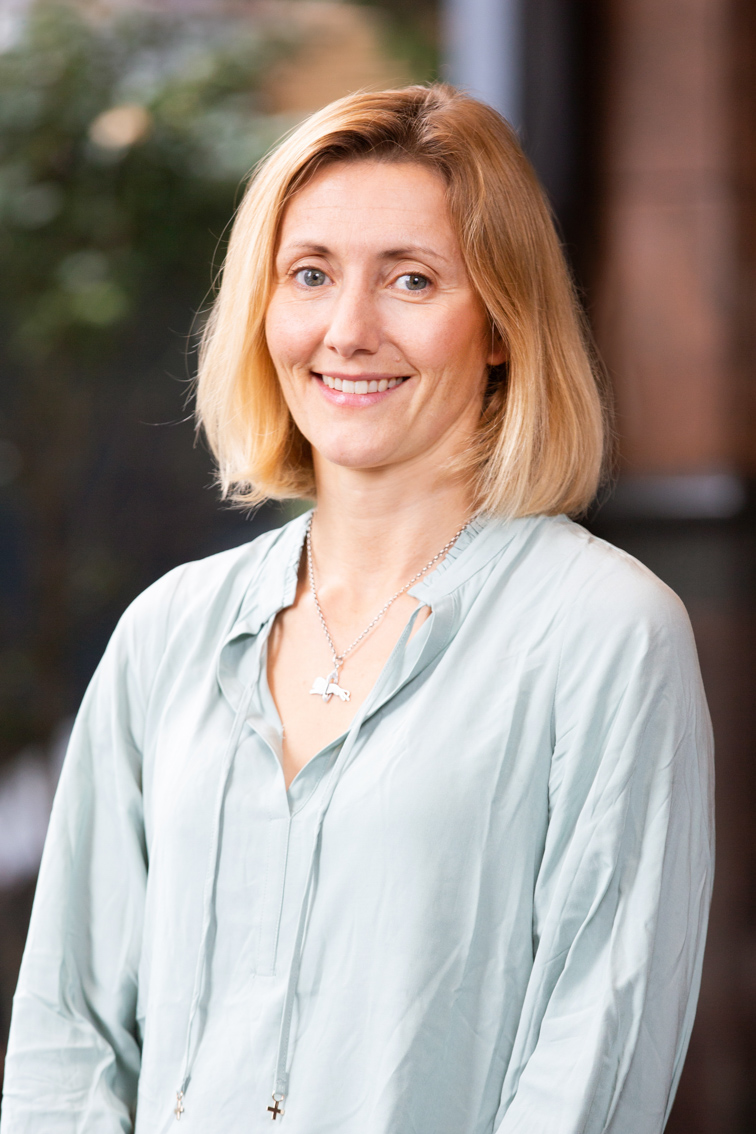Whāraurau, managed by UniServices, provides evidence-based learning and development for people who work in child and youth mental health. Contracted by the ministries of Health and Education, it provides workforce development in best-practice approaches to mental health and wellbeing as well as support in systems and service improvement.
“Equity for people in Aotearoa is the cornerstone of Whāraurau,” says Milnes. “We are here to support the workforce and help them be the best they can.”
Milnes has been with the UniServices-run Whāraurau, which is based on Waipapa Taumata Rau, University of Auckland research, for seven years. She previously worked at the Ministry of Health in policy and workforce development roles.
Milnes will lead Whāraurau through an expansion of its e-learning offering. Though it once supported a primarily clinically based workforce, Whāraurau has extended its training and resources to community workers, social workers, teachers and people with lived experience of mental health challenges who provide peer support.
Milnes is also excited about an e-learning partnership with fellow UniServices business unit Tui Tuia | Learning Circle, which provides professional development for teachers.
The online learning will be launched in 2023 and will include e-modules and supporting webinars designed to help school staff minimise student distress and the need to use physical restraint.
